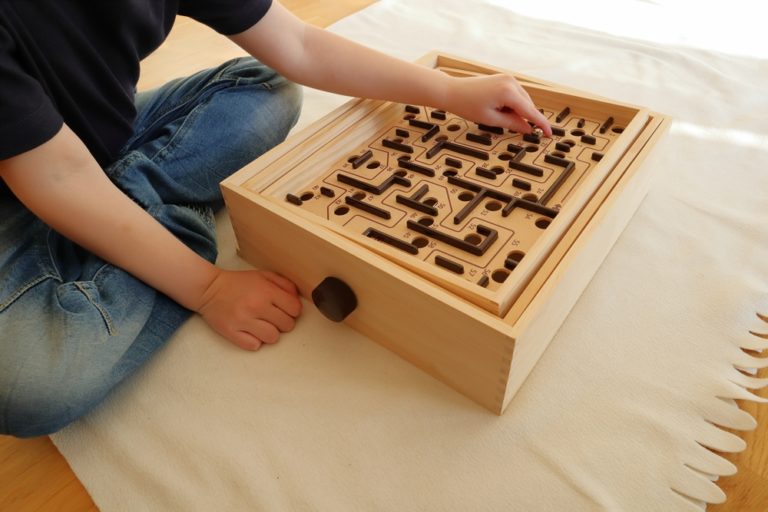Parent Tips
Training Children’s “Brain Power” & “Intelligence”-Early Childhood Edition

Written by: Ms. Carmen Leung, Specialist in Child Development Psychology
DHA only provides nutrients for children’s brain development. To make children smarter, their brains must receive proper exercise. This time, I will introduce some brain-training games that are very suitable for children aged 2 to primary school age!
- Maze or Spot the Difference Brain Exercises
Although Maze and Spot the difference brain exercises were our childhood games, they are still good friends for children in this era. In addition to mazes and spot the difference, there are many different modes of brain exercises. In short, any image game that requires children to observe and focus to complete tasks belongs to brain exercises. Do you know Wally (translated as “Where’s Wally?” in Chinese)? It is one of the most popular brain games in the world.
In fact, brain games do not necessarily need to be purchased or printed in books. We can easily create brain games at home. For example, parents can place two Swiss candies in a pile of miscellaneous items, and the child will find them with great concentration!

2.Tidying Up and Categorizing Household Items
Everyday activities, such as tidying up and categorizing items, are excellent opportunities to exercise the brain. Organizing items systematically not only enhances children’s organizational skills but also stimulates their creativity. Sometimes, children’s methods of categorization may differ from those of adults, but they have their own logic. Parents should ask their children why they categorize items in a certain way, as this can reveal that children’s observational skills might be sharper than expected. They use the details they observe to categorize, so parents should avoid imposing adult methods of categorization to prevent discouraging their children’s initiative in problem-solving.
You might wonder, “What if my child doesn’t like tidying up?” If your child hasn’t yet developed the habit of tidying and categorizing household items, start with games to motivate them to complete the “mission.” For example, you can organize a “Room Tidy-Up Competition” or a “Cleaning Day” where family members help each other tidy up. These activities encourage children to tidy and categorize, while also exercising their “brain power.”
3.Memory Games
There are many memory game cards available, such as turning over a dozen cards and taking turns to flip two at a time. If the two cards match, you can keep them. Additionally, there are cards with different objects drawn on them. Parents can lay them out in a row, let the child look at them, then turn them over and ask the child to remember where a specific object is. These are excellent memory games, and both adults and children can get creative and change the rules to make the games more interesting.
Besides memory game cards, everyday life is full of rich memory games. For example, you can ask your child to find items they have seen you place somewhere before, or have them hide some items and then find them after a long period.
In summary, training children’s brain power and intelligence is not difficult at all. With a bit of thought and creativity, many everyday details can become opportunities for children to exercise their brains!







